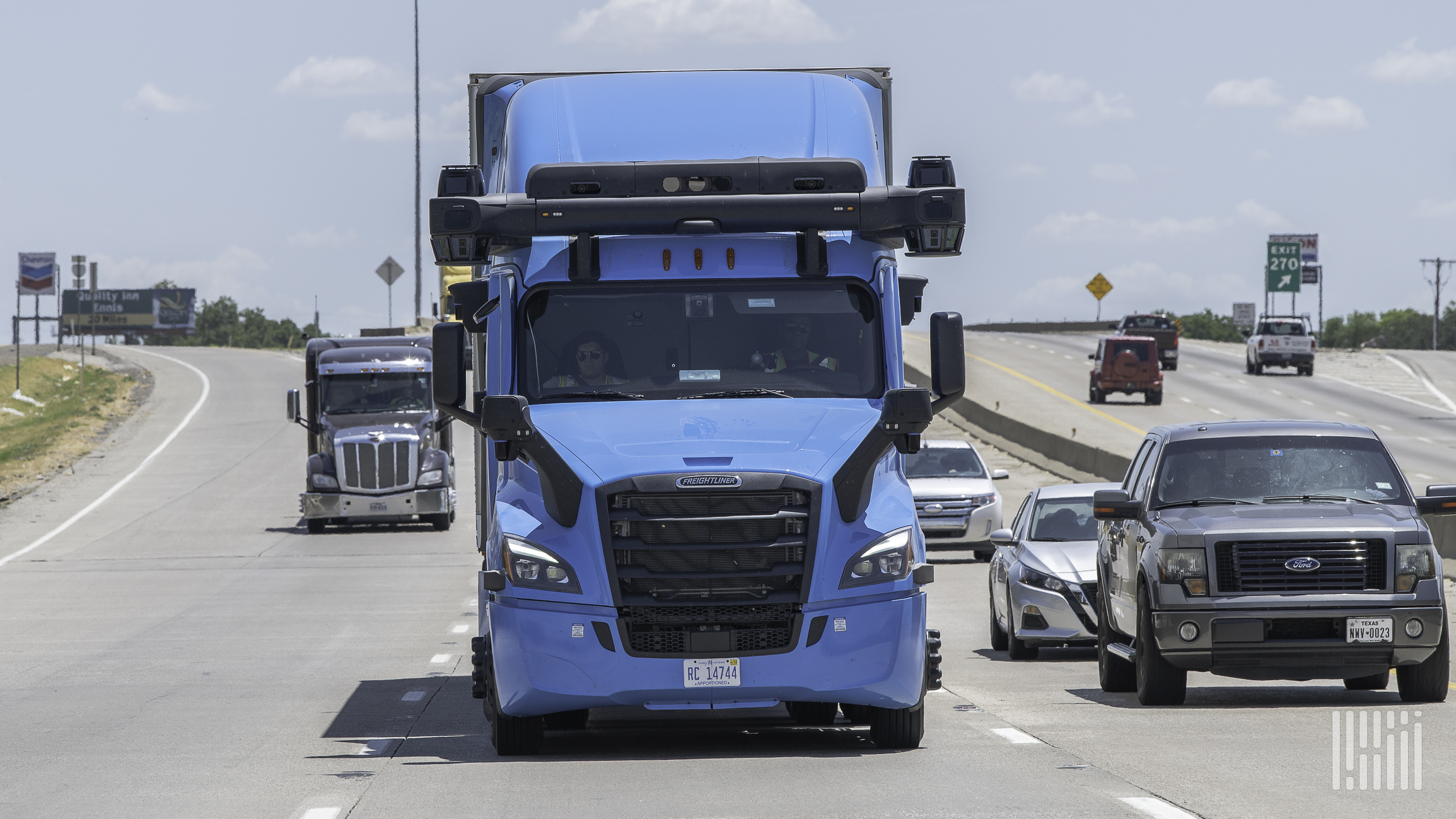Government Efforts Towards Autonomous Vehicle Acceptance
The ongoing transition to self-driving trucks is gaining momentum, with considerable investment and effort directed towards addressing the barriers to their wide-scale adoption. The Department of Transportation (DOT) in the U.S. is initiating measures aimed at fostering public acceptance of automated vehicles, particularly in the logistics and commercial trucking sectors.
Huidige ontwikkelingen
Recently, the DOT’s Office of the Assistant Secretary for Research and Technology (OST-R) issued a Request for Information (RFI) calling for input from various stakeholders. This includes players in the trucking industry, technology developers, fleet operators, and researchers. Over a sixty-day period, the Department is seeking insights to aid in the comprehensive deployment of Automated Vehicles (AVs) across the nation.
The RFI specifically targets the understanding of technical requirements and resources necessary for AV systems to interact safely and efficiently with existing road users and infrastructure nationwide. This exploration is intended to guide the development of a focused research agenda that fosters the national rollout of AVs.
Key Focus Areas for Feedback
Under this initiative, specific areas have been identified where feedback is crucial:
- Data Standards and Integration
- Identifying additional research needed to grasp the operational needs for automated fleet operations.
- Determining essential interoperable digital data to support these operations.
- Outlining near-term data needs for infrastructure related to AV deployment, including maintenance and planning.
- Examining which data needs require standardized information exchange and how this process should unfold.
- Edge-case Characteristics
Pinpointing the necessary research for capturing and supporting the longitudinal effects of AVs on transportation system operations.
- Supervision Dynamics and Human Interaction
- Exploring methods to enhance transparency for AV operators while safeguarding proprietary information.
- Researching optimizations for human-machine interfaces that would improve safety and trust among diverse user groups.
- Evidence-based Evaluation
Defining the research needed for a safe nationwide evaluation of the operational impacts of AVs on the transportation framework.
- Public Understanding and Transparency
- Developing appropriate statistical methods to document unusual behaviors or rare events involving AVs.
- Determining mapping requirements for various roadway features.
- Assessing the willingness of companies to pay for advantageous mapping data.
- Interactions with Other Road Users
Researching necessary developments to consistently evaluate vehicle behavior across diverse environments and circumstances.
Legislative Support for Autonomous Vehicles
In conjunction with DOT efforts, pressures are mounting from Congress regarding the promotion of AV deployments. Recent legislation seeks to affirm that safety regulations do not necessitate human drivers in fully autonomous vehicles, providing exemptions from traditional human-specific requirements such as hours of service and drug testing. This legislative push showcases a growing recognition of the potential benefits of AVs in enhancing logistics and delivery solutions.
Implicaties voor logistiek
The integration of self-driving trucks has significant implications for the logistics sector. These technological advancements promise to revolutionize delivery systems, minimize costs, and streamline operations. As companies adapt to include AV technologies, they might experience an overall reduction in operational expenses and increased efficiency in freight handling.
With highways and shipping routes evolving, the logistics landscape could see a profound transformation, advancing towards a model that relies more heavily on automation. Every player in the transport field, from small local operators to global logistics firms, can potentially benefit from the enhancements AVs provide.
Success Factors for the Adoption of Autonomous Trucks
Successful deployment hinges on several crucial factors, including:
- Ongoing research and development to overcome current challenges in technology and infrastructure.
- Collaboration among the different stakeholders to understand and optimize the use of AVs within existing logistics frameworks.
- Clear regulations that facilitate the integration of AVs while maintaining safety and operational efficiency.
Conclusie
As the discussion surrounding autonomous vehicles gains traction, stakeholders eagerly await insights on how these innovations will transform logistics and transportation. While reviews and discussions provide valuable information, there’s nothing quite like personal experience when it comes to adapting to new technologies. The logistics industry is uniquely positioned to leverage the advantages offered by GetTransport.com, which simplifies the entire process of moving goods efficiently and affordably. As you consider your future transport needs, remember that GetTransport.com offers a reliable platform for cargo transportation, ensuring seamless delivery solutions that cater to diverse requirements. Book your next journey with GetTransport.com, where convenience meets cost-effectiveness.

 The Initiative to Foster Self-Driving Trucks and its Implications for Logistics">
The Initiative to Foster Self-Driving Trucks and its Implications for Logistics">